The Russian presence in Africa has recently increased after a decline of nearly three decades since the dissolution of the Soviet Union in the nineties of the last century. Russian-African relations are part of Russia's new strategy to enhance its international influence. This strategy conforms to Russia's situation in international affairs, including its support for countries that contradict Western policies. Moscow has focused its influence on the West African region, taking advantage of Western policy mistakes, the mounting anti-European sentiment, and the long-standing failure of international and domestic actors to address the root causes of the regional instability. The first Russian-African summit in Sochi in October 2019 concluded contracts with more than 30 African countries for the supply of weapons and military equipment. It thus opened the door for state-backed companies to invest heavily in the security and technology sectors and industries that extract natural resources such as oil, gas, gold and other minerals.
On the other hand, the Russian-Ukrainian conflict did not impede this rapprochement but rather contributed to developing the partnership between the two parties to take the form of a strategic alliance. This was apparent in the speeches and statements of President Vladimir Putin, the most prominent of which was the speech he delivered at the International Parliament Conference "Russia - Africa in a Multipolar World", which was held in Moscow in March of this year on the sidelines of Saint Petersburg preparations for the second coming Russian – African summit to be held in July 2023. Putin reiterated that cooperation between Moscow and African countries was and will always be one of the top fixed priorities of Russia's foreign policy, declaring Russia's fulfilment of all its obligations, including supply of food, fertilisers, fuel and other essential products to the countries of the continent, which helps ensure food and energy security.
In light of the ongoing Russian-Ukrainian conflict, this analysis aims to shed more light on the motivations and characteristics of the Russian strategy in Africa. It also seeks to highlight the challenges to Russian influence expansion as well as the prospects for Russian-African relations in the future.
First: Why is Russia Moving Closer to Africa?
The Russian movement toward the African continent has various causes, but the most important ones can be summed up as follows:
Obtaining raw materials
Is one of the main pillars of Russia’s strategy towards Africa. Moscow has sought to trade with African countries by concluding several agreements in the energy sector and obtaining several mining concessions to extract coltan, cobalt, gold and diamonds; Rusal Co. obtained the concession to extract aluminium in Guinea, Rosatom State Nuclear Energy Corporation seeks to obtain uranium in Namibia, and ALROSA Company Limited, the largest diamond mining company in the world, expanded its operations in Angola to reach 41%. Russia’s JSC Afromet has teamed up with Zimbabwe’s Pen East Ltd to develop one of the world’s largest platinum deposits.
Moscow has a strategic perspective on the Sahel region of Africa, particularly from an economic standpoint. Gold mines are widely spread throughout the Sahel region, especially in Burkina Faso and Mali. Niger now enters the list of nations of interest to Russia due to its huge uranium reserves, making it a prospective market for Rosatom to explore in the nuclear energy sector.
Build Alternative Alliances
Since Russia has a comparative advantage because it has never colonised a country on the continent and adheres to the principle of cooperation as an alternative to aid, it seeks to forge alternative alliances and re-extend its influence in Africa in order to enhance its reputation as a global power and reduce Western influence in the region. Putin sees Africa as the second border, after Eastern Europe, to encircle Western Europe because it adheres to the “African solutions to African problems” principle.
Opening New Markets
The economic sanctions imposed on Russia resulted in a radical shift in Russia’s policy towards Africa, as Russian President Vladimir Putin announced in Presidential Decree No. 204 of May 7, 2018, regarding national and strategic goals for Russia’s development up to 2024, a set of plans aimed at strengthening Russian competitiveness in multiple sectors such as manufacturing industries, agriculture, and the service sector, in an effort for the Russian Federation to join the world’s top 5 largest economies. This could result in growth rates exceeding the world’s five largest economies.
Given the revival of the Russian economy and its growing need to test and market finished products in African economies with slower growth, where there is a need for these items, Russia is aware of the significance of having access to the African market in order to accomplish this ambitious objective. Russia is gaining from the Chinese experience of the 1990s, which was successful in snatching up the quickly expanding African consumer markets. Many locally produced goods are also available for Russian businesses to sell in African markets. At the same time, Russian weaponry is attracting much interest from Africans, particularly following their successful use in regions where local conflicts occur. Accordingly, independent of natural resources, African markets can considerably contribute to expanding Russian exports.
Second: Has Russian influence expanded in Africa?
Numerous indications show the expansion of Russian influence in Africa, but the following stand out:
Benefit from the African voting bloc at the United Nation
Moscow has stepped up diplomatic contacts with several African nations since the beginning of the Ukrainian conflict in 2022 with the aim of facing the isolation imposed on it by the United States and Europe in international forums and global forums. Russian diplomacy has successfully gotten African nations to vote in favour of Russian causes at the UN. This has been made abundantly obvious because some African nations refrained from voting in the UN resolution condemning the Russian intervention in Ukraine, and some chose to remain neutral. The European and American delegations worked hard to secure all 54 African votes in the UN General Assembly to condemn Russia’s aggression, but most African leaders responded differently than expected. In order to defy Western sanctions, several African nations refrained from voting to expel Russia from the UN Human Rights Council. As seen in the accompanying figure, many African nations profit from the political protection Russia offers, particularly those nations that gain from Russia’s membership as a permanent member of the UN Security Council.
Russian Military Deployment in Africa
Military activity tops the Russian foreign policy agenda, including arms sales, military agreements, training, military bases, and the deployment of Wagner group forces in some African countries.
A. Military Agreements
Over the last decade, Russia has gained a strong reputation among African leaders as a military partner in the fight against terrorism, and it has succeeded in establishing itself among a constellation of actors working on the continent. The number of Russian-African military cooperation agreements jumped from seven agreements between 2010-2017 to twenty agreements between 2017-2021. More than half of these 20 agreements were signed with countries with no previous military relations with Russia. Military cooperation became the focal point of Russia’s new relationships with Africa after 2014 due to Russia’s determination to end the isolation brought on by the Crimean crisis. Arms contracts often allow other forms of military cooperation, including the use of African ports by the Russian fleet, paving the way for Russian security contractors to gain a foothold in the continent.
B. Military Bases
Moscow announced a plan to build a military logistics centre in Eritrea in 2018, and it was recently revived by the statements of Asmara’s ambassador in Moscow welcoming the reception of the Russian logistics centre in the African country. One of Moscow’s noteworthy actions in this regard is the agreement it reached with Khartoum in 2017 regarding the construction of a logistical support facility on the Sudanese coast, which al-Bashir issued a decision to start in the Red Sea state in December 2020. This facility serves as a platform for gathering intelligence on the activities of Moscow’s adversaries in the Red Sea basin, the Horn of Africa, and the Arabian Peninsula. It will also support Russian operations elsewhere in the region.
C. Unconstrained Kalashnikov
During the Soviet era, Russia was a significant exporter of weapons to Africa. However, with the Soviet Union’s demise, this role declined, only reappearing around the turn of the millennium. With a market share of around 37.6% of the African arms market, Russia has emerged as the continent’s top supplier of armaments, ahead of the United States (16%), France (14%), and China (9%). Russian arms exports to Africa have increased dramatically in recent years. Followed by Egypt and Uganda, Algeria continues to be the continent’s top importer of Russian weapons. Over the past two decades, more and more African nations have purchased Russian armaments. 16 African nations bought Russian armaments at the beginning of the new millennium. The number rose to 28 countries as of 2018.
Unlike European or American suppliers, Russia imposes no political or human rights requirements on its arms sales. At the inaugural Russian-African conference in October 2019, Russian President Vladimir Putin pledged to guarantee the upkeep of Soviet-era weapons while promising greater African collaboration free from “political” meddling from Moscow. This message calmed African nations who had previously expressed worries about relying on Chinese arms sales and their reluctance to ask Washington for weaponry due to the country’s human rights or democratic framework.
In the year following the Sochi conference, Russia’s state-owned defence industry signed $1.7 billion in contracts in Africa. Some weapons were sold in exchange for debt relief or fixing loopholes that were waived by Western partners. Russia also abstained from voting in the UN Security Council on sanctions and arms embargoes imposed on African countries. It publicly opposed such measures, including those imposed on South Sudan in 2019 and the Republic of Central Africa in 2020, allowing Russia to undermine the effectiveness of multilateral efforts to disarm or defund conflict parties.
D. Mercenaries Export
The spread of extremism and violence in Africa has created more openness to Russian military intervention; five countries in the Sahel region — Burkina Faso, Chad, Mali, Mauritania, and Niger — requested Moscow’s military support in 2018; Russian fighters have also involved in Mozambique and Angola.
Russia has deployed private military companies in at least 21 countries since 2014, most of them on the African continent. The expansion has been on an upward trajectory. Between 2014-2018, the activity of Russian private military companies in Africa more than tripled in Sudan. Wagner trained the Rapid Support Forces in the Darfur region, and similar deployments were recorded in Libya to support Khalifa Haftar and the Libyan National Army. Likewise, in the Central African Republic, hundreds of Wagner’s soldiers arrived in 2018 to guard the diamond mines, train the army and provide bodyguards for embattled President Faustin-Archange Touadéra. Recently in Mali, Wagner has been deployed to Mali to support the transitional military government and follow up on the country’s natural resource contracts – after the withdrawal of the French forces assigned to the counter-insurgency Operation Barkhane.
Trade Exchange with African Countries
Russia seeks to enhance economic cooperation with African countries at the international level by participating in international conferences and exhibitions in which many African and Russian countries participate. Russia also supports African countries in international organizations such as the United Nations and the World Trade Organization.
Trade exchange between Russia and Africa has witnessed remarkable growth in recent years. The trade volume between the two sides has increased from $12.5 billion in 2020 to $15.2 billion in 2021 as trade between Russia and Africa focuses on key sectors such as energy, mining, agriculture, and industry. Large Russian investment projects are being implemented in Africa, including local companies such as Rosneft, Gazpromneft, RusHydro, Alrosa, and Lukoil, in addition to supporting African countries in the production of electricity by introducing new eco-friendly technologies, especially in the field of nuclear energy. Rosatom has already been building a nuclear power plant in Egypt and planning to expand its participation in developing national energy systems on the African continent.
Russian-African cooperation is also being strengthened in the field of high technologies. For example, Russia is helping to establish the ANGOSAT system for satellite communications and television broadcasting in Angola. Trade exchange between Russia and Africa is expected to decline in the coming years due to the sanctions imposed on Russia by the West and the United States.
Official Visits and Delegations Exchange
12 African leaders visited Russia from 2014-2019, and more than 43 African leaders and presidents participated in the first Russian-African summit in 2019. Russian Foreign Minister Sergei Lavrov made several tours to the African continent after the outbreak of the conflict with Ukraine in February 2022:
The 1st tour took place in July 2022, where he visited Egypt, Congo-Brazzaville, Uganda and Ethiopia and met with the African Union leaders in Addis Ababa.
The 2nd tour took place in January 2023, including South Africa, Eswatini, Angola and Eritrea.
The 3rd occurred in February 2023, and his visit included Mali, Mauritania and Sudan.
All of these tours aimed at mobilising African support for Moscow so that Africa, which has the largest voting bloc in the United Nations, would not join the West in condemning Russia in its conflict with Ukraine and in order to confirm Russia’s fulfilment of its obligations towards its partners from the continent in terms of grains and security support.
Cooperation in Education
The level of educational cooperation between Russia and African nations is very high. Nearly 27,000 African students are enrolled in Russian universities, and 5,000 have received federal scholarships from Russia. Additionally, at the Peoples’ Friendship University of Russia, the annual percentage of state-funded scholarships at Russian institutions increased by more than double. As of 2019, at least 17,000 African students were enrolled in Russian universities, and state-owned companies operating in Africa have contributed to soft power; for example, Rosatom funds STEM education programmes to double the number of African students in the coming years. Several African countries, including Angola, intend to send 300 master’s students to Russia on scholarships each year. Furthermore, Russian soft power is expanding oppositely, with the Central African Republic announcing last year that learning Russian will become mandatory for university students, with the language being taught since 2019.
Collaboration in the Health Sector
Slow Western supply of COVID-19 vaccinations to African nations has aided Russia’s vigorous promotion of its domestic Sputnik V vaccines on the continent. In an effort to support the African Union in battling the epidemic, it directly donated more than 300 million doses of vaccine to that organisation.
Collaboration in Nuclear Energy
Russia has negotiated nuclear cooperation agreements with at least 16 countries in Africa. These negotiations have progressed through several stages, including projects still in their early stages (Angola and Ethiopia), more formal agreements (Nigeria and Sudan), and a comprehensive agreement, such as the one with Egypt to build four reactors in the Dabaa region. Several agreements on cooperation in peaceful nuclear energy were made with several African countries, including the Republic of the Congo in February 2018, Sudan in December 2017, and Nigeria in October 2017. It also concluded a contract to expand the nuclear energy programme in South Africa.
Third: Obstacles to the Russian Influence Growth in Africa
Russia’s involvement in the conflict in Ukraine.
Despite Western sanctions, Russia may find it challenging to sell weapons to Sub-Saharan Africa, where it has long been the leading exporter of armaments. More Chinese weapons are becoming available due to the Russian military’s increasing reliance on non-exportable weapons, ammunition, and spare parts in their conflict with Ukraine. Lower state earnings are also a result of Western sanctions, export restrictions, and their quest for energy independence; this may prevent further investments in the Russian defence industry. Given that Russia was the top arms exporter from 2017 to 2021, this confluence of circumstances may make it more difficult for Russian military exports to Africa. However, this may provide opportunities for African countries and Chinese, European or American arms exporters to increase their influence on the African arms market.
Mounting Chinese influence in Africa
When it comes to its relations with the African continent, China uses the motto “partnership for development.” The Belt and Road Initiative, among other economic sectors, as well as investments in infrastructure, are at the forefront. Additionally, loans and grants are given to African nations to help with their economies. In addition to its military buildup on the continent to support its economic goals, China is vying for market dominance in Africa. This could result in China overtaking Moscow in West Africa by increasing its influence.
Washington’s New Strategy
In an effort to counteract Russian influence on the continent, the United States is attempting to weaken Wagner’s influence there, by imposing additional sanctions on businesses and organisations that do business with it. In addition, the United States is trying to improve relations with African nations by promoting investments and aid for those nations that are struggling with food insecurity.
The increasing Influence of New Actors on the Continent
Long-term Russian dominance on the African continent is in danger due to the rise of new players. The area’s political, economic, and social dynamics have been significantly impacted by their existence. The unique situation in Israeli-African relations and its desire to resume close cooperation with other nations like India and Iran are among the new actors, along with Turkey, which was able to open 26 new embassies in Africa within five years and has made about 30 official visits since 2008.
Fourth: Russian-African Relations Future
Russia has made an apparent effort to reposition itself in Africa in recent years to revive the Soviet Union’s former glory through a strategic presence there. The fact is that Russia has increased commerce with the African nations, even though it has so far failed to establish a considerable economic weight in the continent. This was made clear in the commerce exchange between the two sides, which established connections based on security and energy and acquired several mining concessions. Additionally, Russia has entered into agreements with other African nations for military-technical cooperation, and it is currently the continent’s biggest exporter of weapons. Besides replacing the colonial powers and providing an alternative through the Wagner Group or experts, consultants, and military support, Moscow has benefited from public dissatisfaction with American and French anti-terrorism tactics in Africa. The Russians see Africa as a site where they can broaden their global influence and exploit important natural resources for their state-owned businesses.
Besides giving Africa access to oil deposits and deep-water ports in the eastern Mediterranean, Russia is also interested in maintaining a permanent presence on the southern wing of NATO by backing Field Marshal Haftar in Libya. Alternatively, it might be accomplished by attempting to reach a Red Sea harbour, namely Port Sudan. In addition to providing diplomatic cover for Mali, Moscow sees the potential to become a key participant in the Sahel area.
References
NDI. (2023, March 13). Russia’s influence in Africa: Scenarios to inform Greater Democratic Resilience. National Democratic Institute. Retrieved April 9, 2023, from https://www.ndi.org/publications/russia-s-influence-africa-scenarios-inform-greater-democratic-resilience
Siegle, J. (2022, March 9). The future of Russia-Africa relations. Brookings. Retrieved April 9, 2023, from https://www.brookings.edu/blog/africa-in-focus/2022/02/02/the-future-of-russia-africa-relations/
Address by President of the Russian Federation Vladimir Putin at the Plenary Session “Russia-Africa in a multipolar world.” The State Duma. (2023, March 20). http://duma.gov.ru/en/news/56652/
Guensburg, C. (2022, February 23). Russia steadily rebuilding presence in Africa. VOA. https://www.voanews.com/a/russia-steadily-rebuilding-presence-in-africa/6452193.html
Presidential Decree No. 204 on the national goals and strategic objectives of the development of the Russian Federation for the period up to 2024. FAO. (2018, May 7). https://www.fao.org/faolex/results/details/en/c/LEX-FAOC202095/
محي الدين، شيماء. (14 يوليو 2021). تحولات الاستراتيجية الروسية في أفريقيا: من الرابح؟ مركز فاروس للاستشارات والدراسات الاستراتيجية، متاح على الرابط الاتي: https://pharostudies.com/?p=7229
Murphy, T. (2023, January 30). Russia under pressure: How Europe and the US are upping the ante in Africa.
European Council on Foreign Relations. Retrieved April 11, 2023, from https://ecfr.eu/article/russia-under-pressure-how-europe-and-the-us-are-upping-the-ante-in-africa/
على، عبد القادر محمد (19 مايو 2021). الحضور العسكري الروسي في إفريقيا ودلالاته مركز الجزيرة للدراسات، متاح على الرابط الاتي: https://studies.aljazeera.net/ar/article/5001
Suciu, P. (2020, August 11). Russian military looks to establish six military bases in Africa. The National Interest. https://nationalinterest.org/blog/buzz/russian-military-looks-establish-six-military-bases-africa-166685
Deutsche Welle. (2019, October 23). Vladimir Putin opens first Russia-Africa summit. . dw.com. https://www.dw.com/en/vladimir-putin-opens-first-ever-russia-africa-summit/a-50943192
Bisht, I. S. (2021, June 8). Russia signs $1.7 billion in defence contracts with 17 African nations. The Defense Post. Retrieved April 11, 2023, from https://www.thedefensepost.com/2021/06/08/russia-defense-contracts-african-nations/
Ling, J. (2023, March 18). Russian mercenaries are pushing France out of Central Africa. Foreign Policy. Retrieved April 9, 2023, from https://foreignpolicy.com/2023/03/18/russian-mercenaries-are-pushing-france-out-of-central-africa/
Stronski, P. (2023, February 28). Russia’s Growing Footprint in Africa’s Sahel Region. Carnegie Endowment for International Peace. Retrieved April 9, 2023, from https://carnegieendowment.org/2023/02/28/russia-s-growing-footprint-in-africa-s-sahel-region-pub-89135
Sabbe, B. (2022, December 20). Africa and the Arms Trade, 2022. IPIS. Retrieved April 11, 2023, from https://ipisresearch.be/weekly-briefing/africa-and-the-arms-trade-2022/
Ramani, S. (2023, April 4). Russia has big plans for Africa. Foreign Affairs. Retrieved April 9, 2023, from https://www.foreignaffairs.com/articles/africa/2022-02-17/russia-has-big-plans-africa?gclid=Cj0KCQjwxMmhBhDJARIsANFGOSuaoxZ8Iz6BZGRJo2f14kiH4Mcwmi_NeVybBq7yrqgfvaIiRyGfl28aAjbXEALw_wcB
Ramani, S. (2023, April 4). Russia has big plans for Africa. Foreign Affairs. Retrieved April 9, 2023, from https://www.foreignaffairs.com/articles/africa/2022-02-17/russia-has-big-plans-africa?gclid=Cj0KCQjwxMmhBhDJARIsANFGOSuaoxZ8Iz6BZGRJo2f14kiH4Mcwmi_NeVybBq7yrqgfvaIiRyGfl28aAjbXEALw_wcB
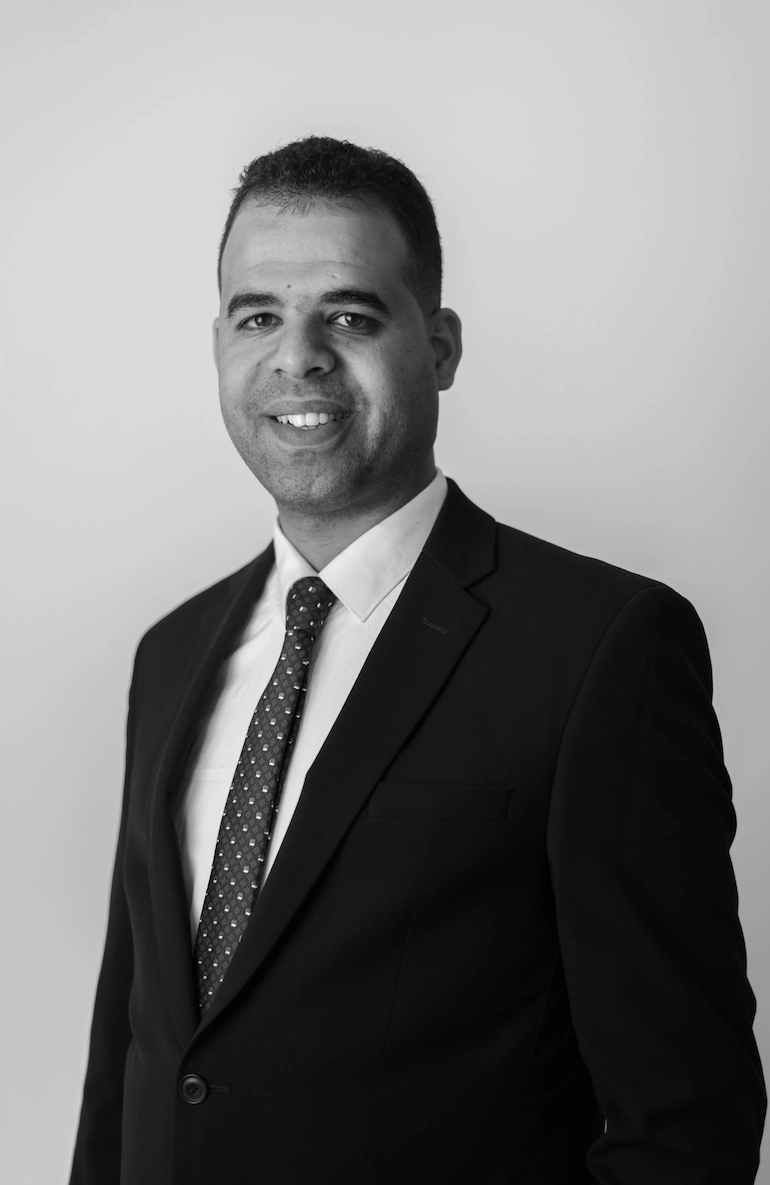
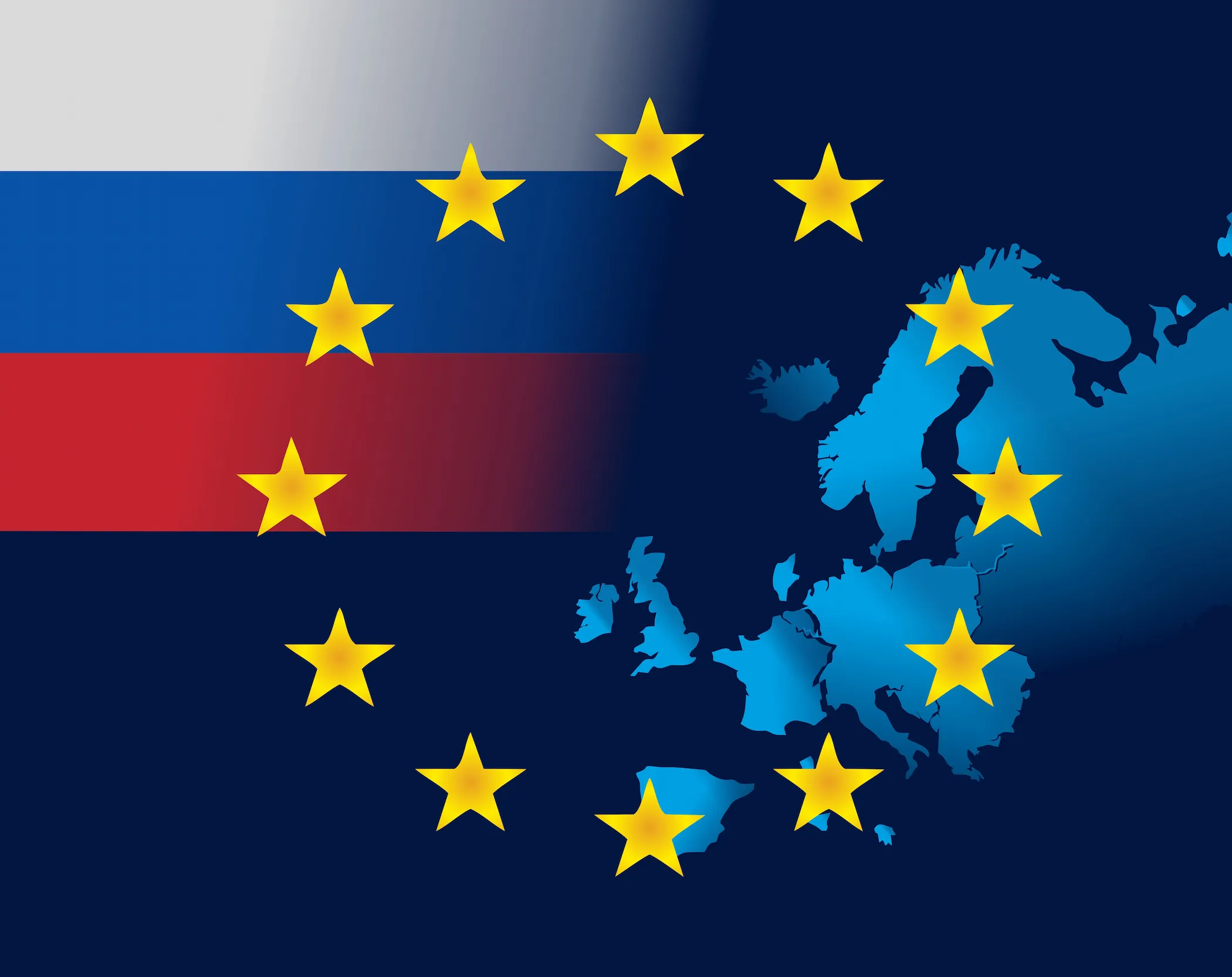
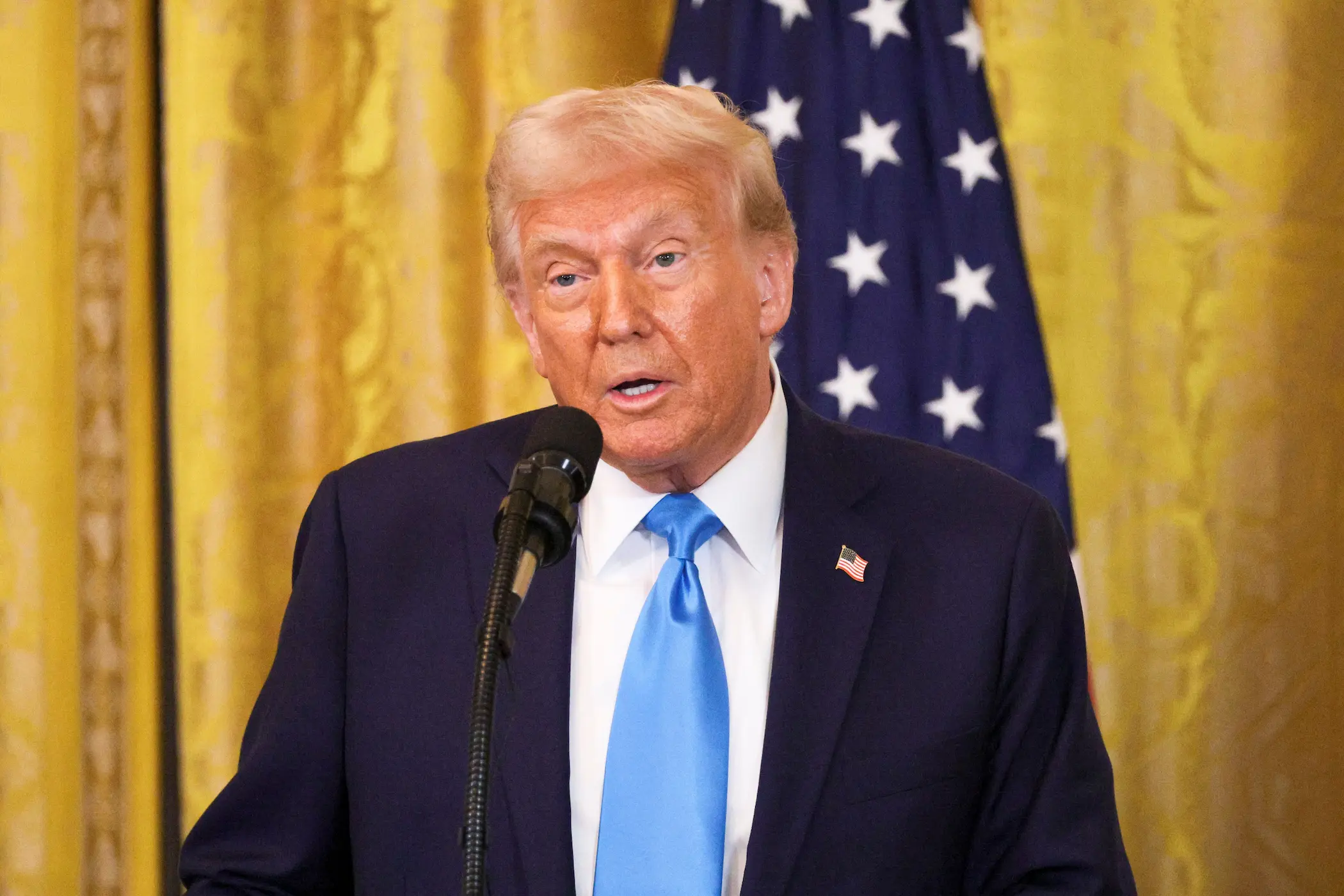

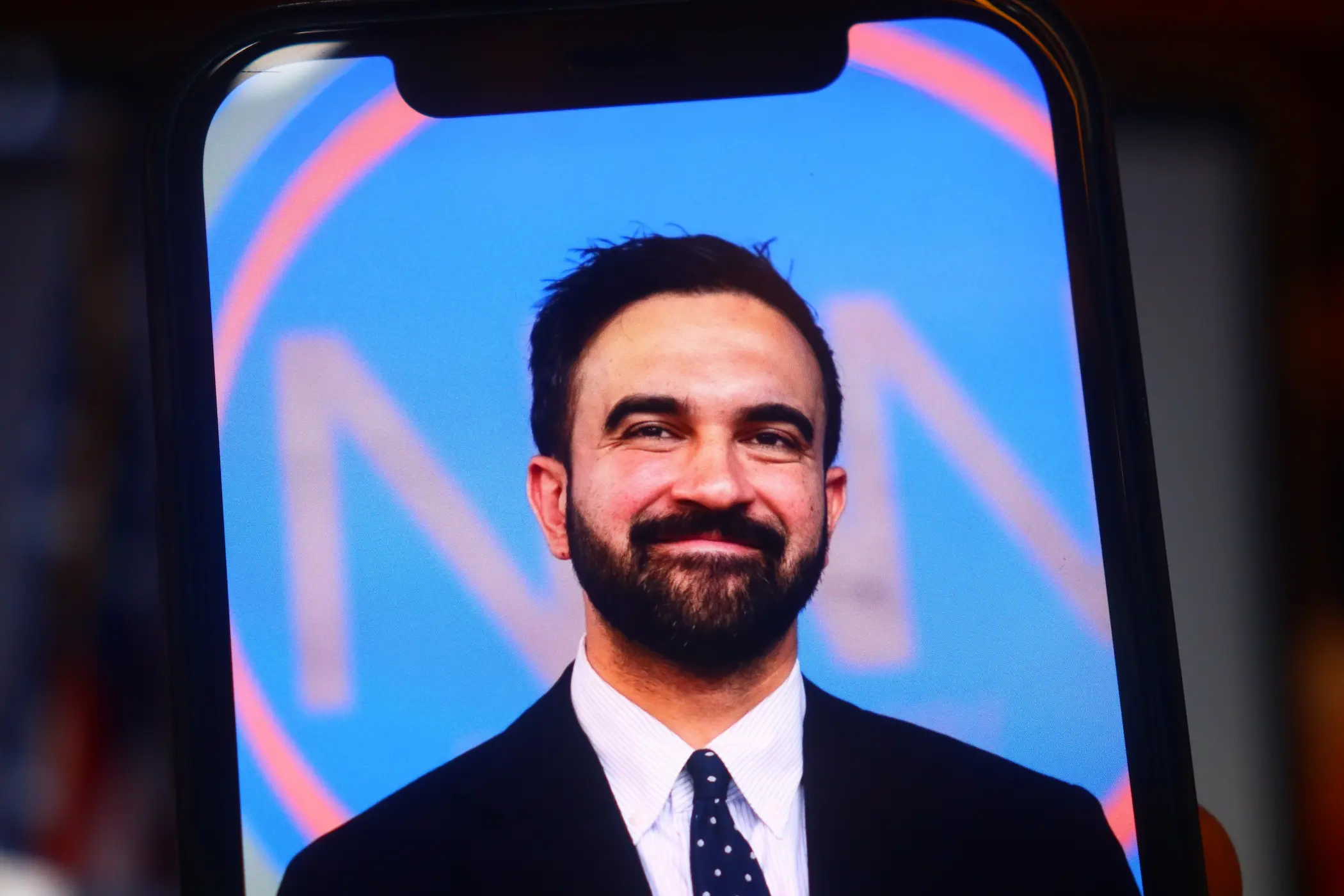

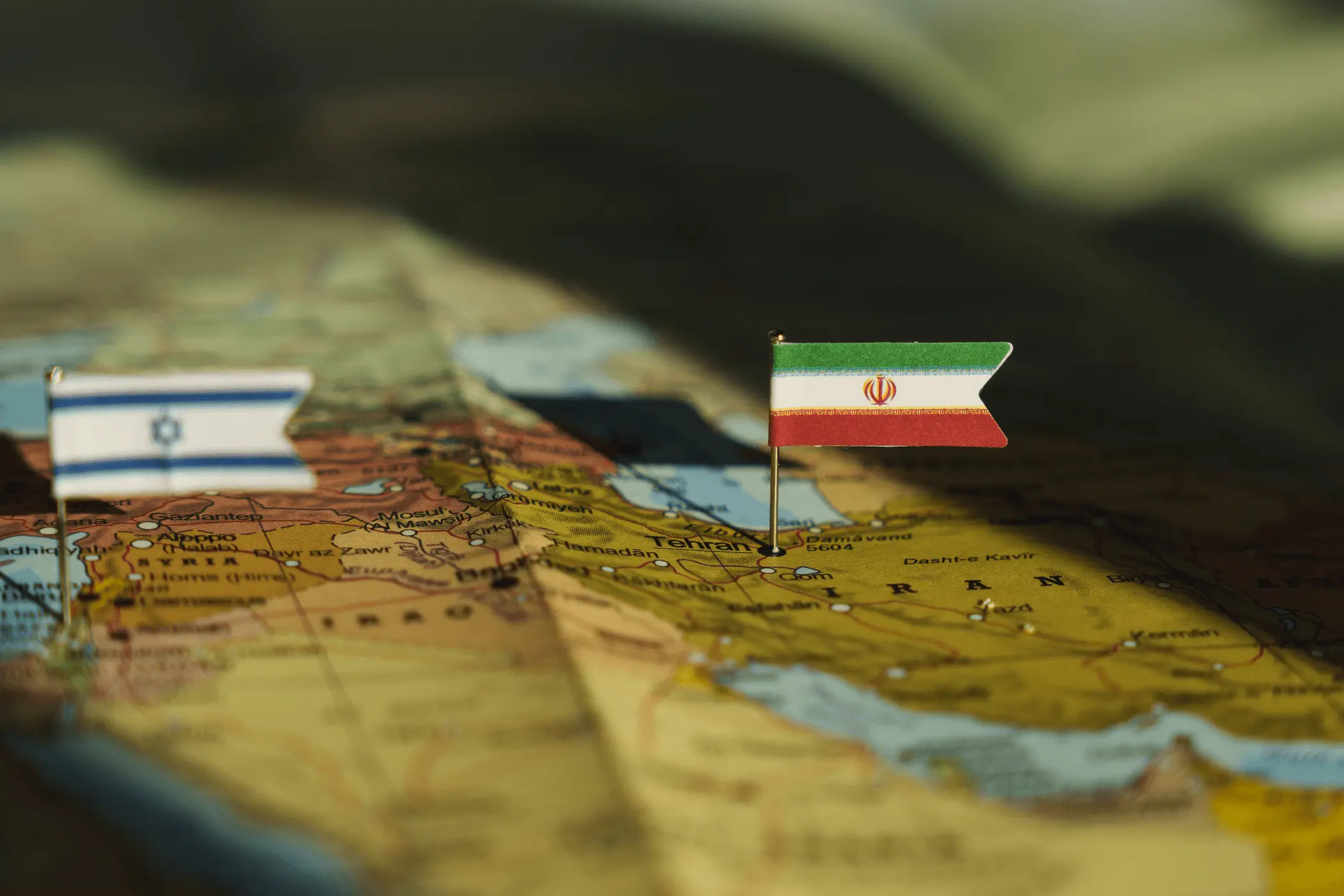
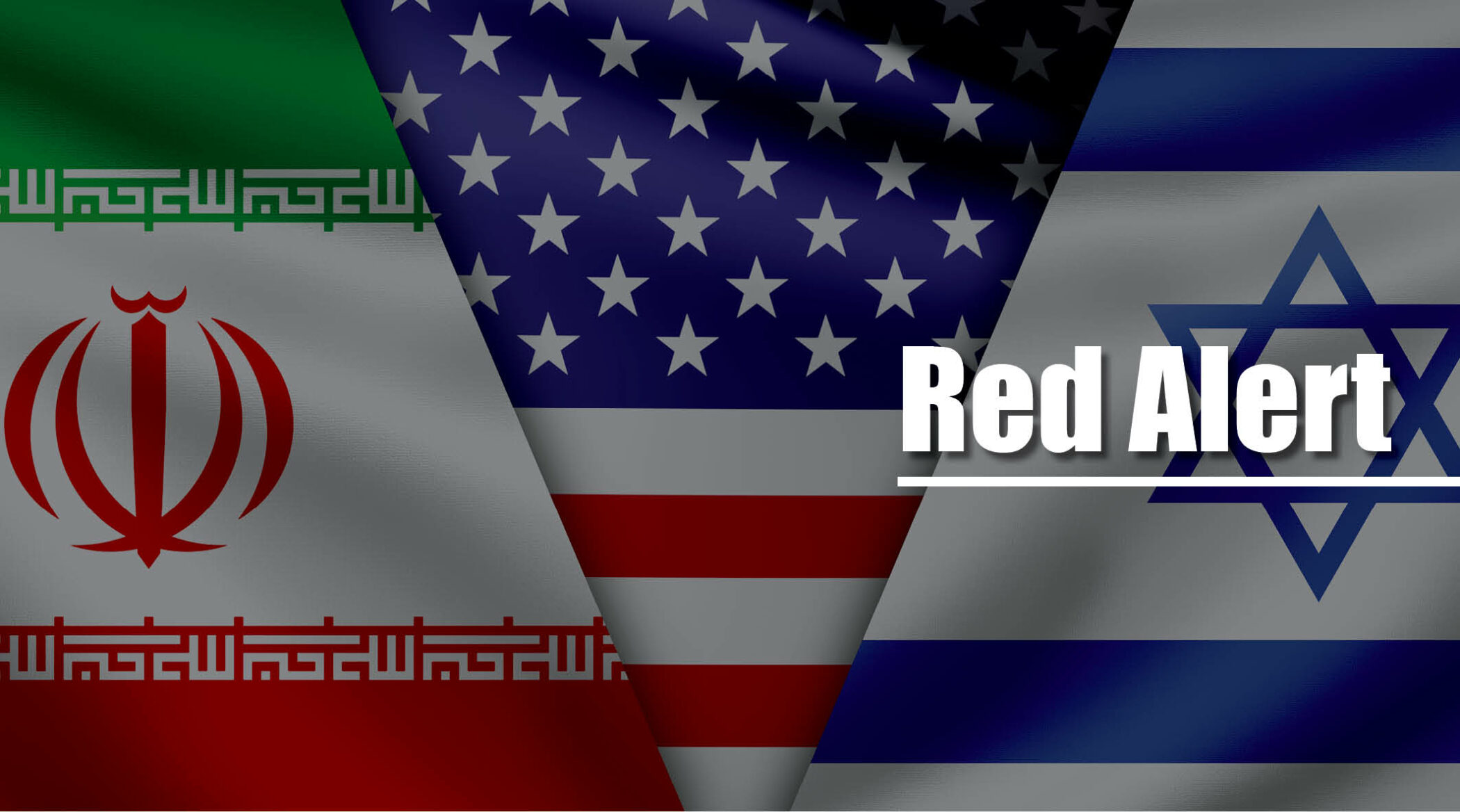
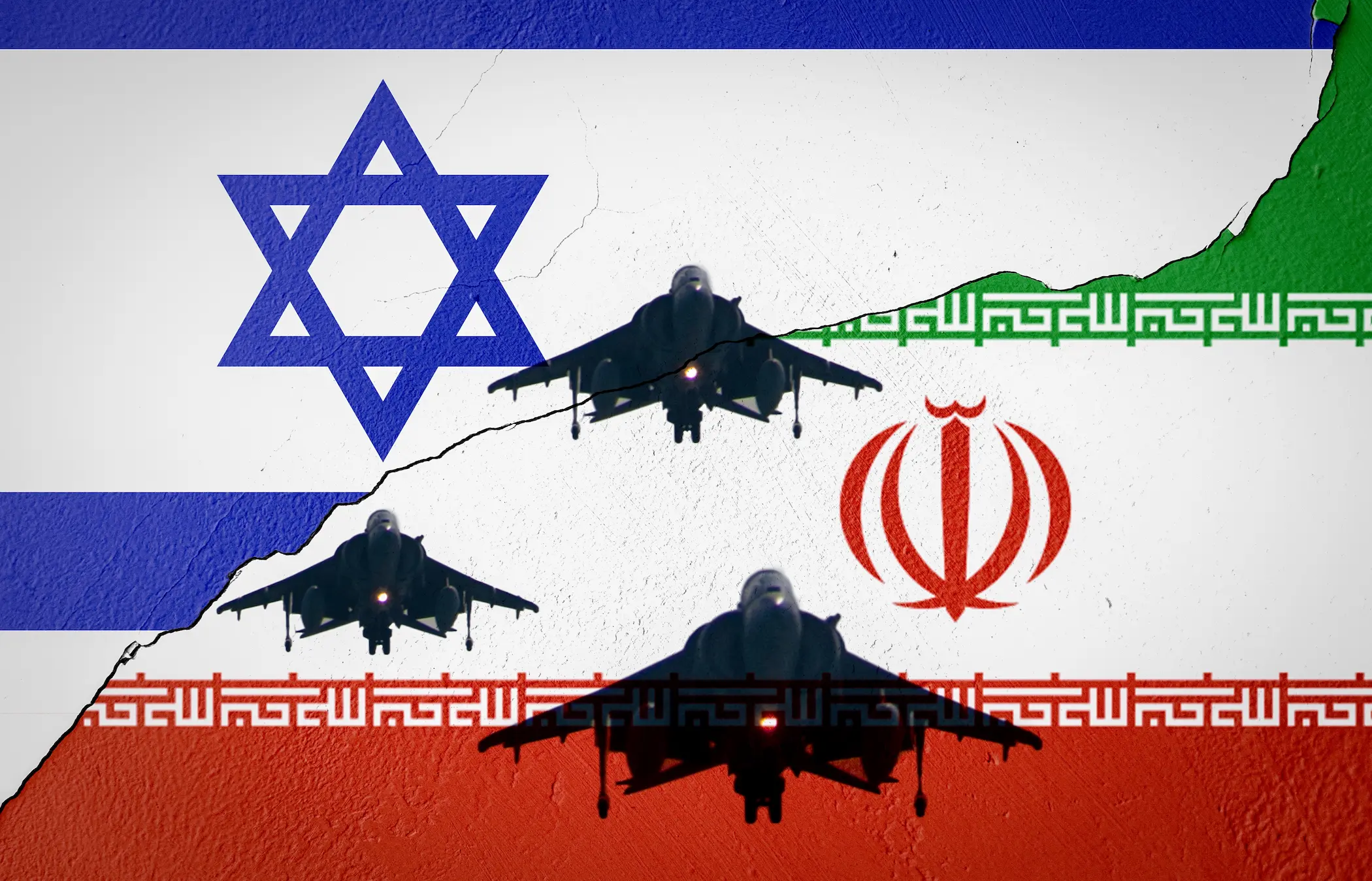
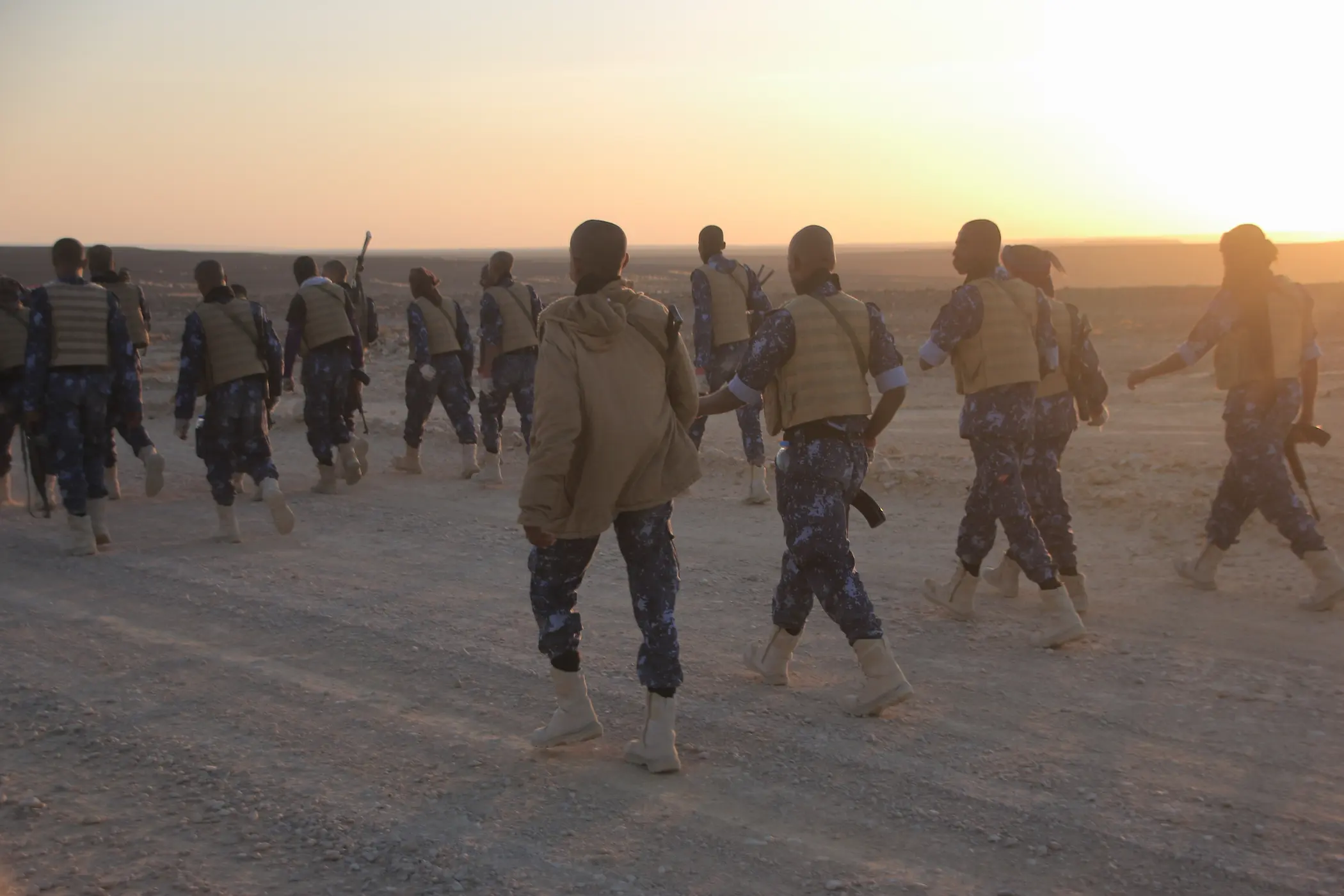





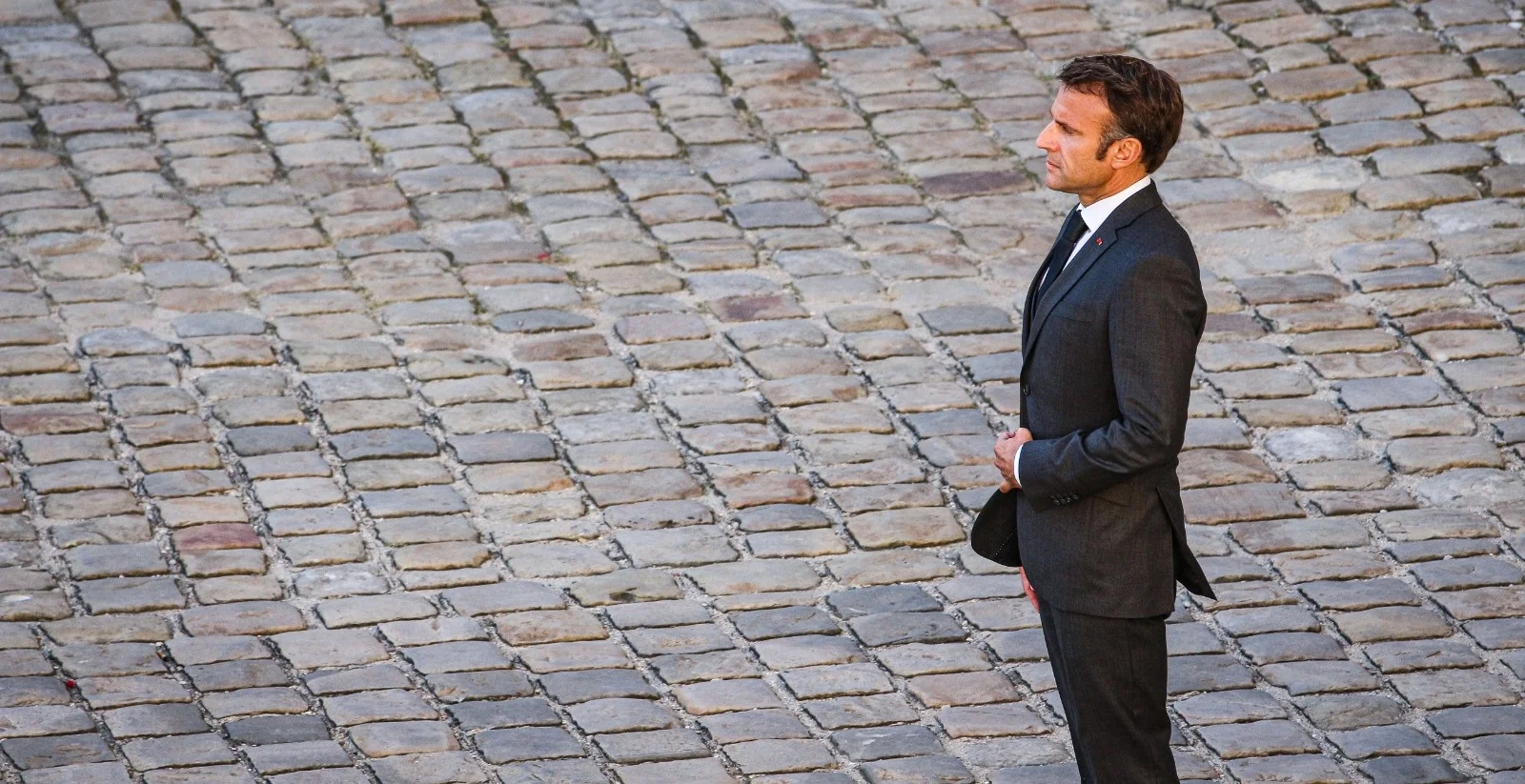
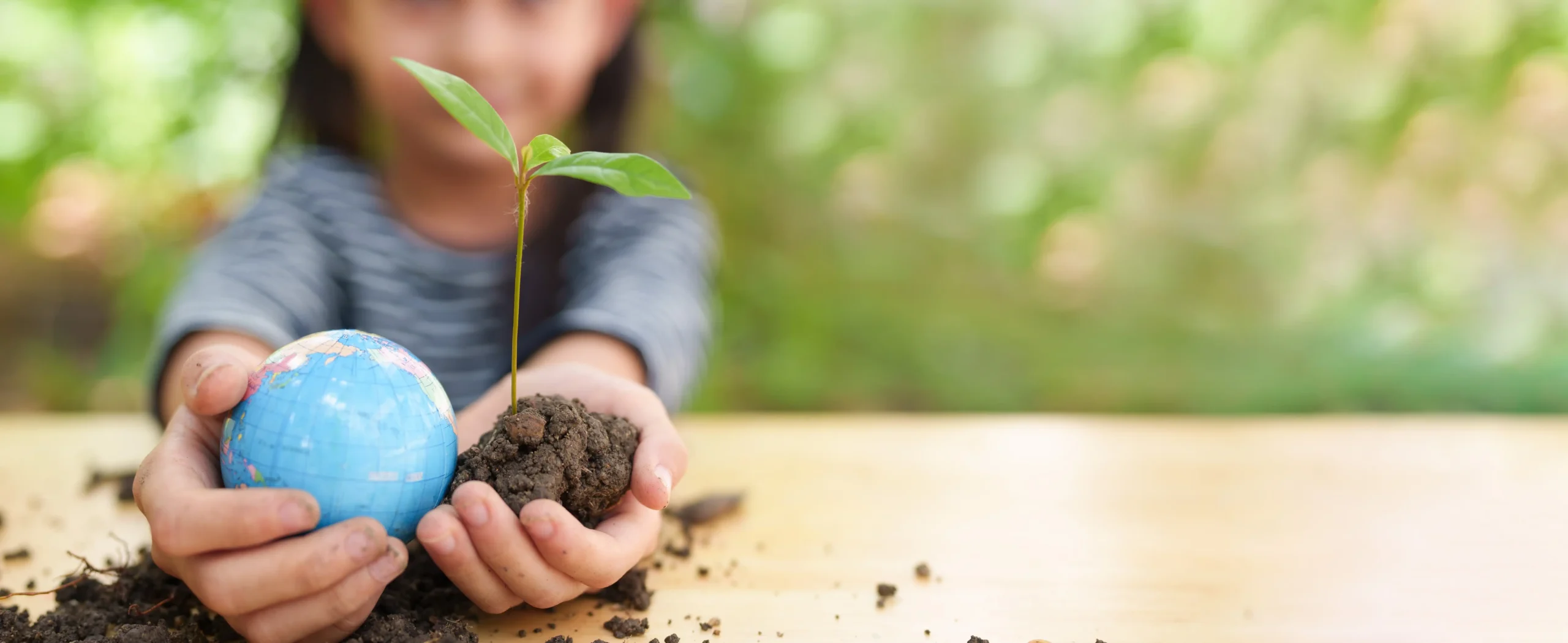
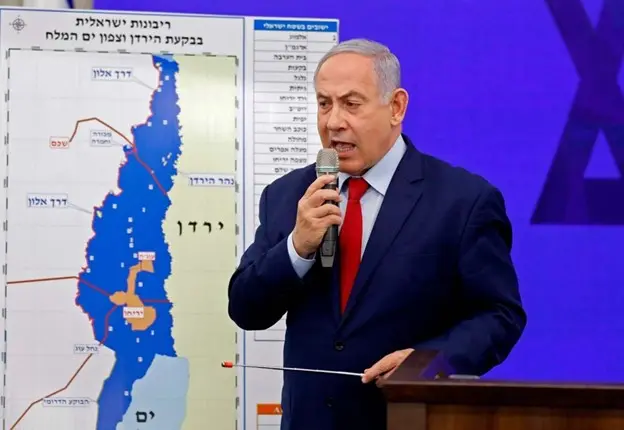
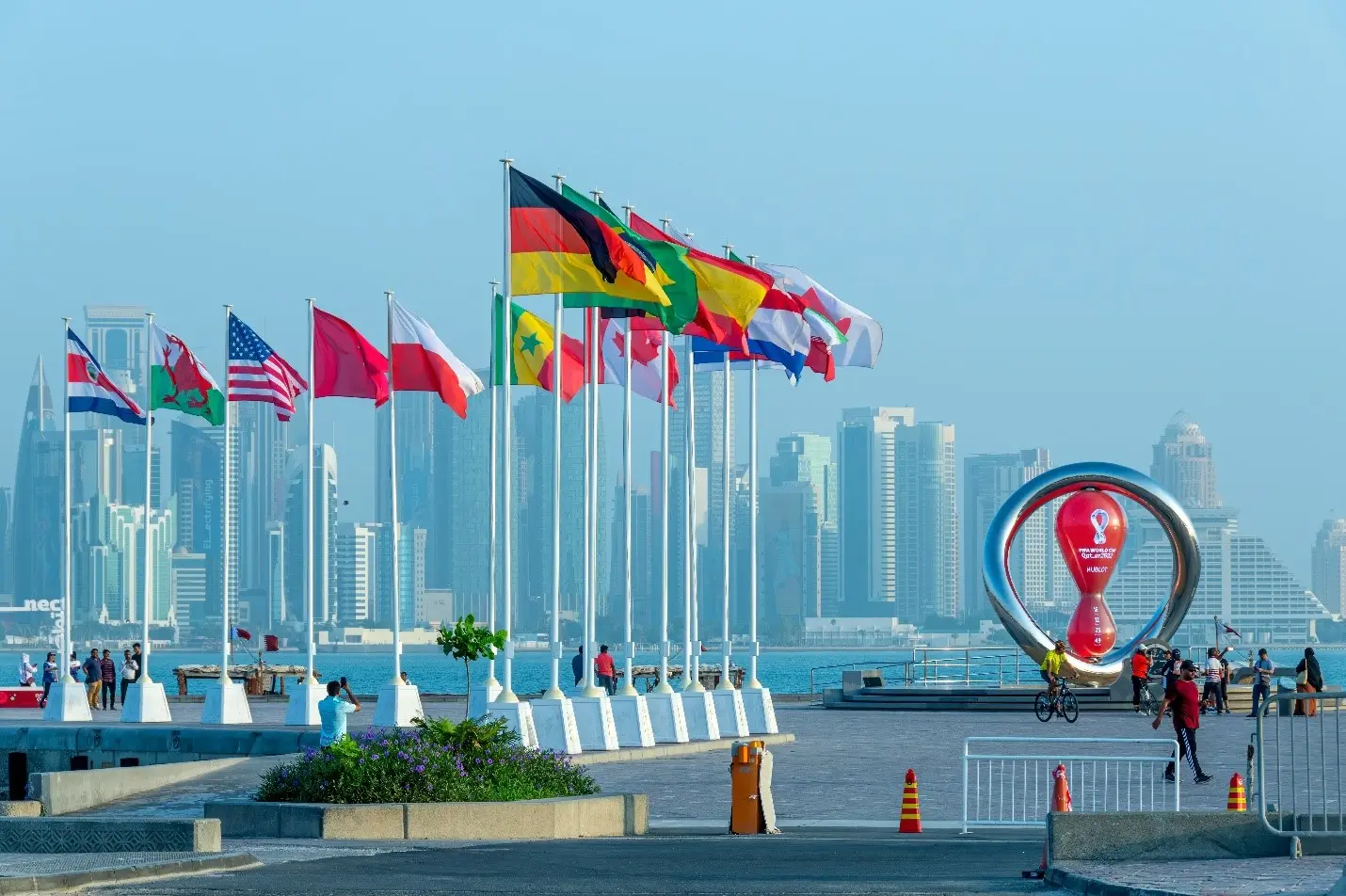
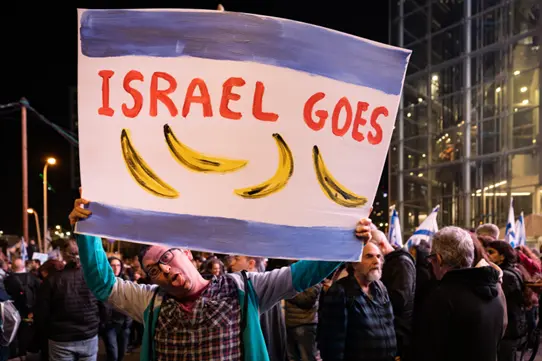
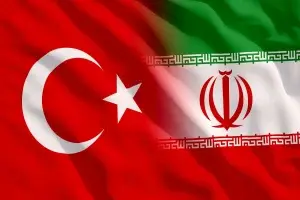

Comments